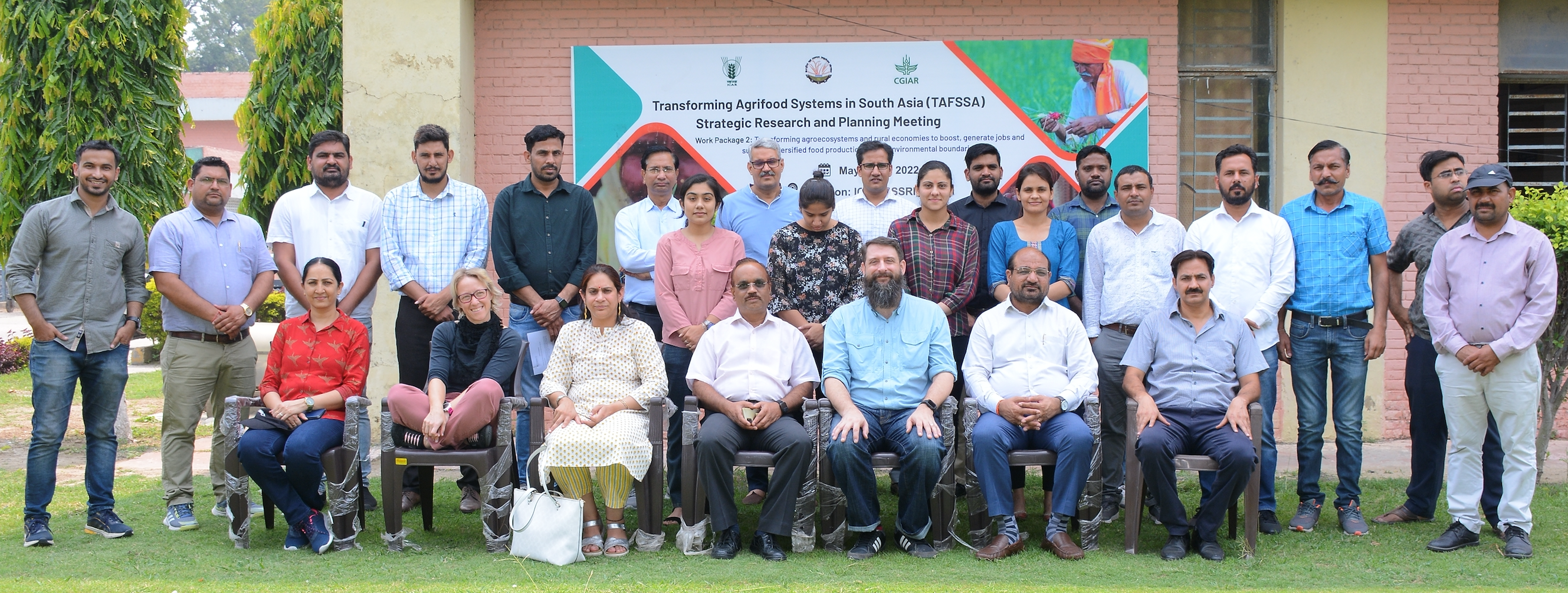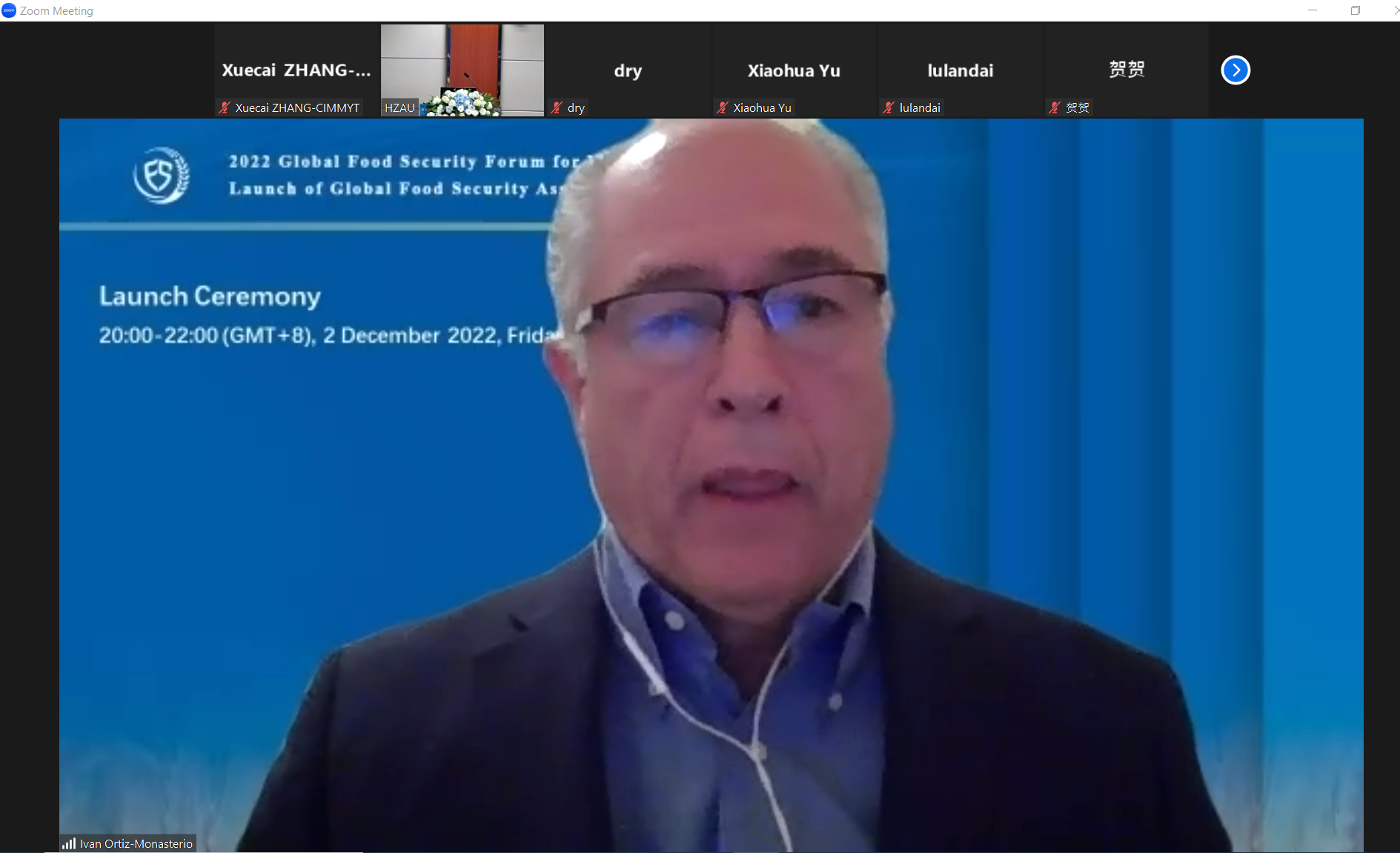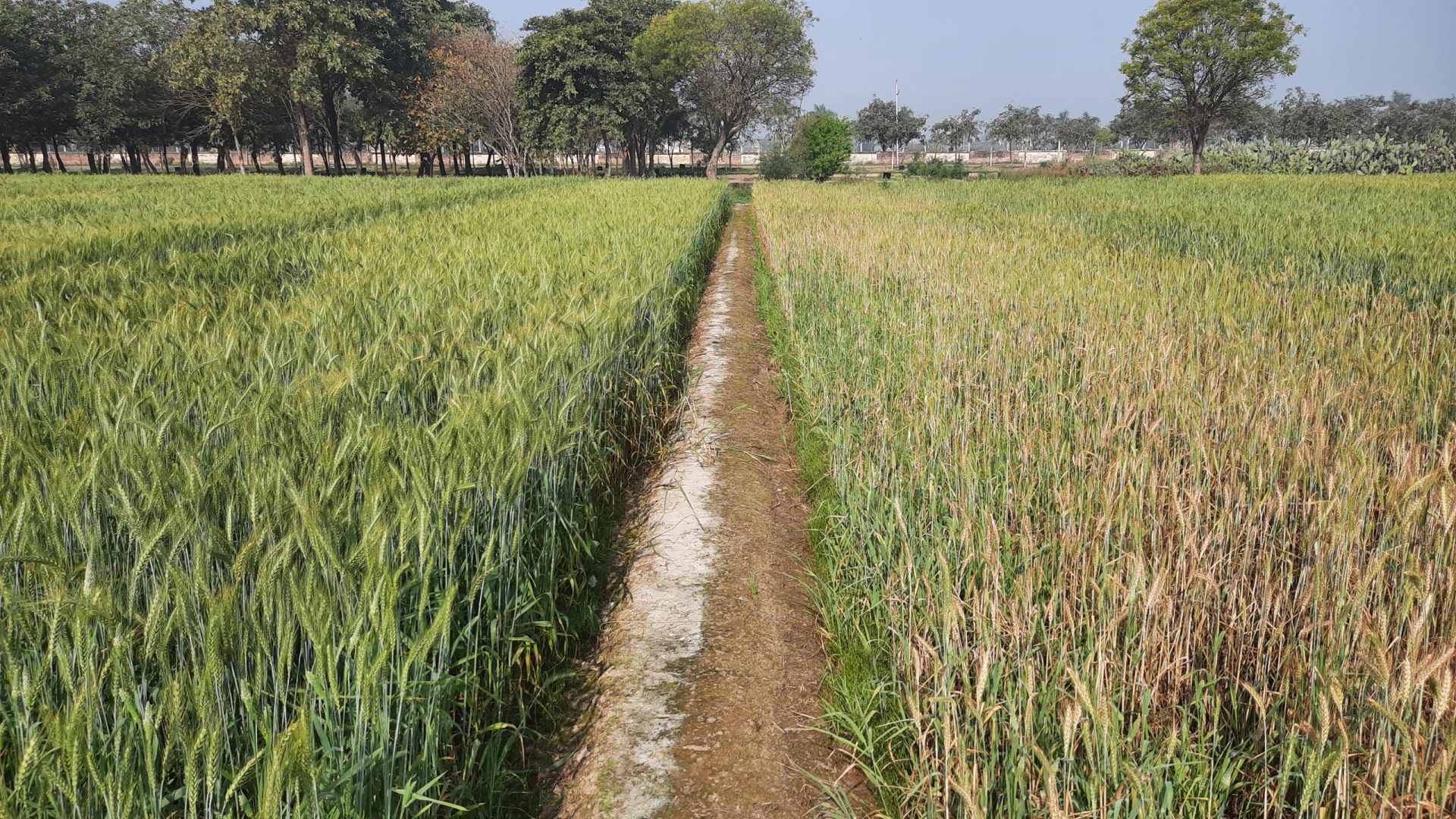In this article, Temina Lalani-Shariff, Regional Director of South Asia at CGIAR, explores the evolution of CGIAR to meet changing global needs, such as the critical challenge of ending hunger, poverty and inequality across South Asia by 2030 while reaching the climate goals of each country. “A reinvented CGIAR can offer greater flexibility and leadership in three key areas to accelerate the region’s agricultural development and its multiplier benefits for livelihoods, health and climate action,” said Lalani-Shariff.
Highlighting work by the International Maize and Wheat Improvement Center (CIMMYT) to target the spread of crop pests and diseases in Kenya, Lalani-Shariff explains how this success can transfer to fighting fall armyworm (FAW) in South Asia. She cites CGIAR’s experience in scaling innovations and solutions in a variety of agroecologies and environments in partnership with national research institutes, as well as examples from the Seeds Without Borders Initiative and climate-smart villages.
Lalani-Shariff explains the purpose of CGIAR’s Regional Integrated Initiative Transforming Agrifood Systems in South Asia (TAFSSA), which is combining efforts in South Asia to achieve agrifood systems that are more productive and environmentally sound, and support equitable access to sustainable, nutritious diets. Collaboration between CGIAR research centers on Initiatives like this offers opportunities to build effective networks and partnerships for addressing future challenges.
Read the original article: A renewed CGIAR can better support South Asia to determine its food future

 Nutrition, health and food security
Nutrition, health and food security 
